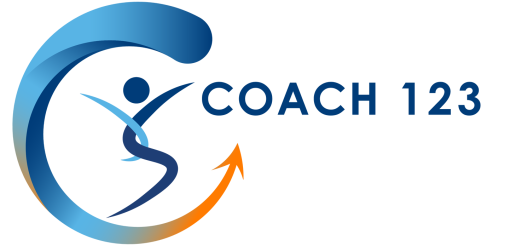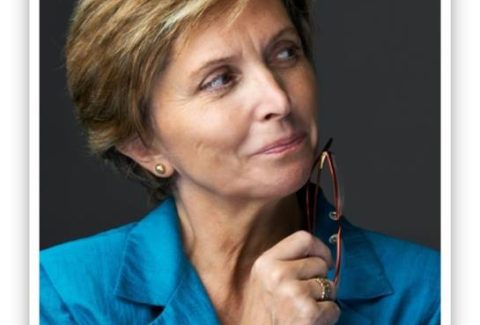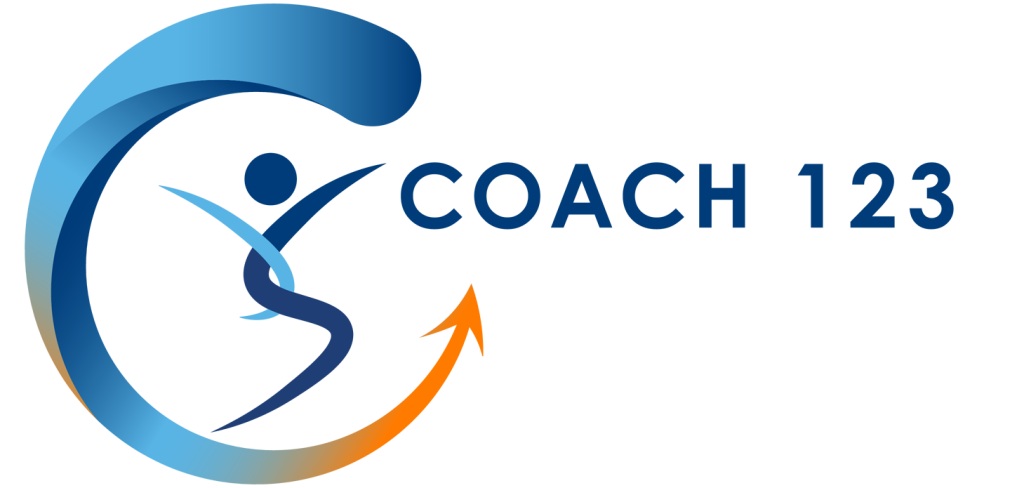Coaching as a Skillset, Culture, and Profession
Coaching as a Skillset, Culture, and Profession

In this blog we will start out with some basic definitions. Then we’ll talk about coaching as a skill set, as a culture, and as a profession. In the next blog, we’ll move into the paradox specifically, which then invites additional definitions, then move into what it all means and how it works.
Coaching is a skill set. Focus first on what a skill is: it’s the ability to do or perform a task. Learning a skill requires some sort of training or education. That is true with coaching as well. It’s very specific training or education. In terms of it being a skill, what does it look like? It includes the ability to be aware of others, how they’re thinking, how they’re interacting, and the influencing factors that they are experiencing. Listen with intention and to understand their intended meaning. Listen cumulatively over time. Listen deeply to both what they’re saying and what they’re not saying. Ask questions. Ultimately, the coach develops skills plus a mindset to hold the client as fully empowered so that it is the client who considers, chooses, and takes action.
As a culture, coaching is a way to describe behaviors and ways of communicating within an organization. Creating a coaching culture starts with buy-in at the very top. It trickles down and spreads out. It calls for consistent application throughout the organization. It’s a very different way of interacting with people. It’s noticing somebody else’s experience, how they’re expressing themselves, how they are as a person, and adjusting. It also is a lot more asking and a lot less telling. Developing that coaching culture really does call for training. You want to have key personnel that are trained as coaches and offer basic training throughout the organization. It will call for new policies and new behaviors. It’s definitely a process over time to create the change to a coaching culture.
Now consider coaching as a profession. Sometimes people say, “oh, well, anyone can be a coach – you don’t need training.” That’s a lot like saying that you’re very comfortable hiring anyone to be your masseuse or personal trainer or attorney or financial planner without them having training. The reality is coaching is a profession. There are core competencies. There is a code of ethics. Coaching is self-regulated through the International Coaching Federation, ICF.ICF very specifically provides the Code of Ethics, as well as the well-researched Core Competencies of a coach; the specific skills that a coach must have to be effective. ICF has standards for approving coach training programs. In order to become a member, they require 60 hours of training. All members are accountable to the Code of Ethics. ICF has a process for credentialing coaches at three different levels. Each level includes an increasing number of coach training hours, coaching experience, working with a mentor coach and being assessed, and passing an exam.
In terms of somebody calling themselves a professional coach, it means they’ve done their coach training. The gold standard in the profession is that they are a member of the International Coaching Federation. Advancing in the coaching profession as a professional means earning a credential or a higher-level credential. That involves additional experience as a coach, the additional training hours, the mentor coaching hours that are required, being assessed, and passing the exam. To give you an analogy of what all this is, becoming a member of the ICF is much like saying, hey, I got my associate’s degree. Then earning the ACC credential is much like saying you got your degree. Earning your PCC credential is much like saying you’ve earned a master’s degree. Earning your MCC is much like saying you’ve earned your PhD in coaching.
Increasingly, when someone engages a coach, ideally, they know to ask about the coach’s training and credentials. Years ago, people were less aware. The research shows that coaching with a trained professional who has a credential result in a better experience and result. This makes sense – a professional in any field has training and cares to further develop their skills.
The challenge is that there are still people calling themselves a coach when they haven’t had any coach training whatsoever. Commonly they are consulting, advising, and mentoring instead of coaching. While coaching is a developed skillset that can be used when consulting, advising, or mentoring, doing consulting, advising, or mentoring when coaching is unethical. Unpack this further in the next blog on the Paradox of Coaching.











